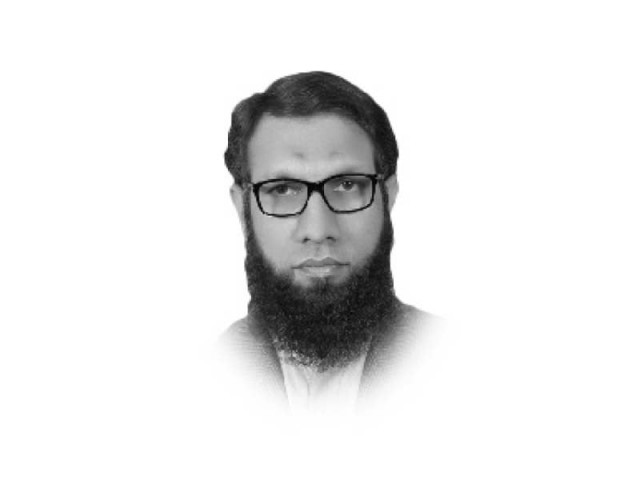Is Iran really an existential threat to Israel?
Rather Israel's expansionist policies, uncritical Western backing threatens long-term peace in Middle East

The dominant Western narrative portrays Iran as a looming existential threat to Israel.
This framing is not just misleading — it distracts from the deeper roots of regional instability. In truth, it is not Iran that poses a threat to Israel's survival, but rather Israel's own expansionist policies and its uncritical Western backing that threaten long-term peace in the Middle East.
To understand the current tensions, we must revisit history. The creation of Israel in 1948, following the horrors of the Holocaust, was not simply a humanitarian response. It was also a colonial project rooted in Zionism — a political ideology that sought to establish a Jewish state on land already inhabited by Arab Muslims and Christians. The result was mass displacement, the destruction of hundreds of villages and the forced exile of Palestinians, whose descendants remain stateless to this day.
Israel quickly evolved into a militarised and apartheid state. The 1967 war was a turning point, after which Israel occupied the West Bank, East Jerusalem, Gaza and the Golan Heights. Despite international law clearly prohibiting settlement in occupied territories, Israel has relentlessly expanded its settlements, turning the dream of a two-state solution into a distant illusion. Palestinians in Gaza lived under a suffocating blockade until recently when it was reduced to rubbles following the October 7 attack.
Iran's hostility towards Israel must be understood in this broader historical and strategic context. While its rhetoric is often inflammatory, Iran's postures are largely reactive — an attempt to counterbalance a nuclear-armed Israel that has repeatedly carried out airstrikes, assassinations and cyber operations inside Iranian territory. Israel has also supported proxy conflicts in Lebanon and Syria, and routinely violates the sovereignty of its neighbours with impunity.
The idea that Iran poses an existential threat to Israel does not hold up against the facts. Israel enjoys military superiority, including undeclared nuclear weapons, and receives billions of dollars in aid from the US annually. It is a regional hegemon with powerful global alliances. In contrast, Iran faces crippling sanctions, international isolation and internal political unrest.
This narrative of threat, however, serves a convenient purpose. It allows Israel to deflect attention from its ongoing occupation and the systemic discrimination against Palestinians. It enables Western powers to continue supporting Israel under the guise of protecting democracy in the Middle East — despite the fact that Israel governs millions of Palestinians who have no right to vote in the state that controls their lives.
Of course, Iran's conduct is not without criticism. Its support for armed groups and its theocratic model invite scrutiny. But to paint it as the singular aggressor in the region while ignoring Israel's long record of expansionism, oppression and refusal to negotiate is intellectually dishonest and over-simplification of the ground realities.
This distorted framing also has dangerous consequences. It sustains cycles of violence, sidelines calls for justice and pushes the region further into militarised stalemates. As long as Israel continues to act with impunity, peace will remain elusive. Military victories may bring temporary calm, but they cannot substitute for the moral and political courage required to resolve the core issue: the denial of Palestinian rights and sovereignty.
If the world genuinely seeks peace in the Middle East, it must stop indulging Israel's victimhood narrative while ignoring its role as an occupying power. It must also recognise that justice — not domination — is the only path to lasting peace. The two-state solution, once a global consensus, is slipping away as settlements expand and extremism grows on all sides.
Iran is not Israel's existential threat. Israel's real crisis is moral and political: a refusal to acknowledge the suffering it has inflicted, and a failure to envision a future based on coexistence rather than conquest. Peace is never the product of silence imposed by force. It flows only from justice. And justice begins by recognising that a secure Israel cannot be built on the ruins of a stateless Palestine.















COMMENTS
Comments are moderated and generally will be posted if they are on-topic and not abusive.
For more information, please see our Comments FAQ